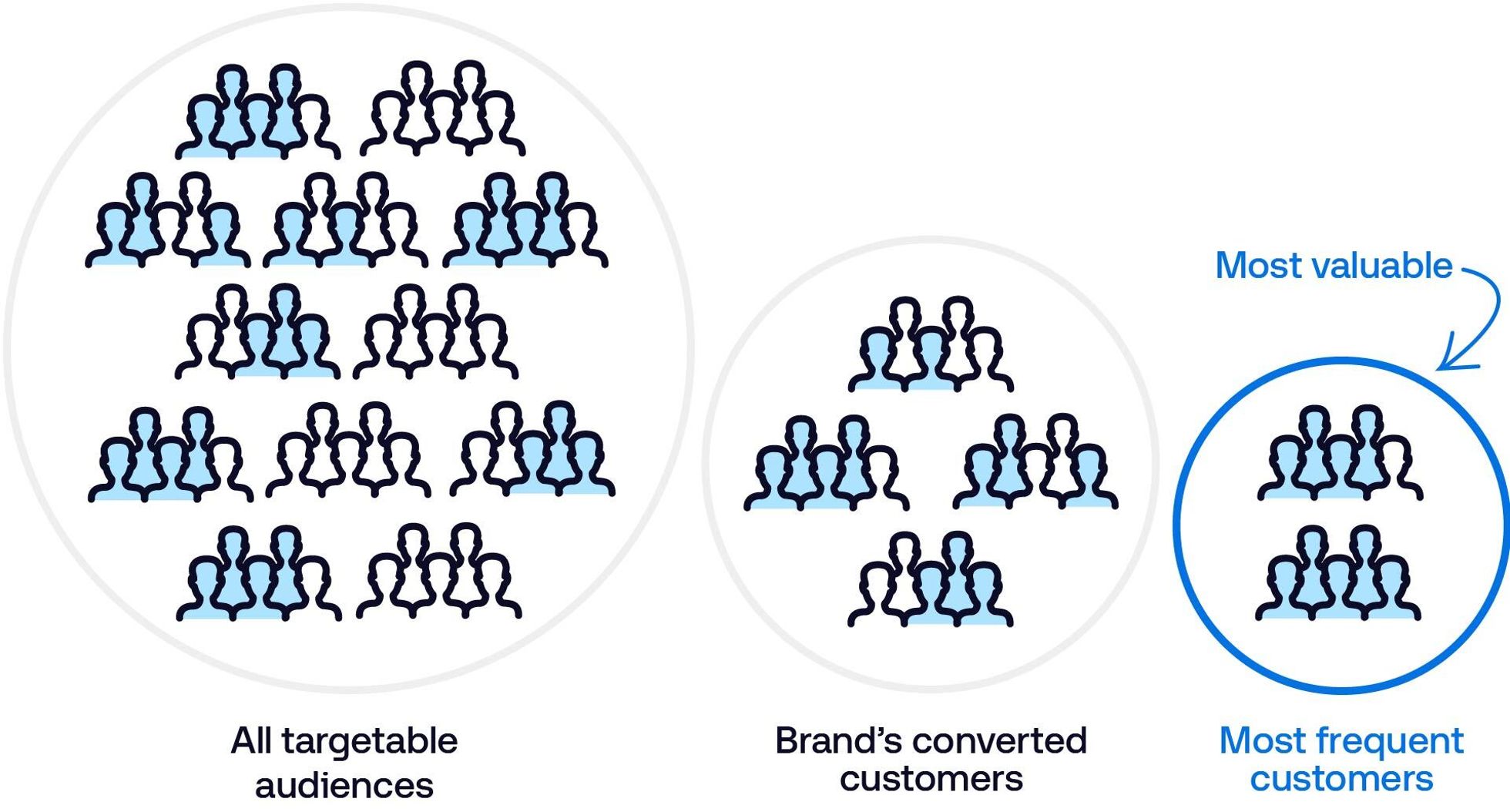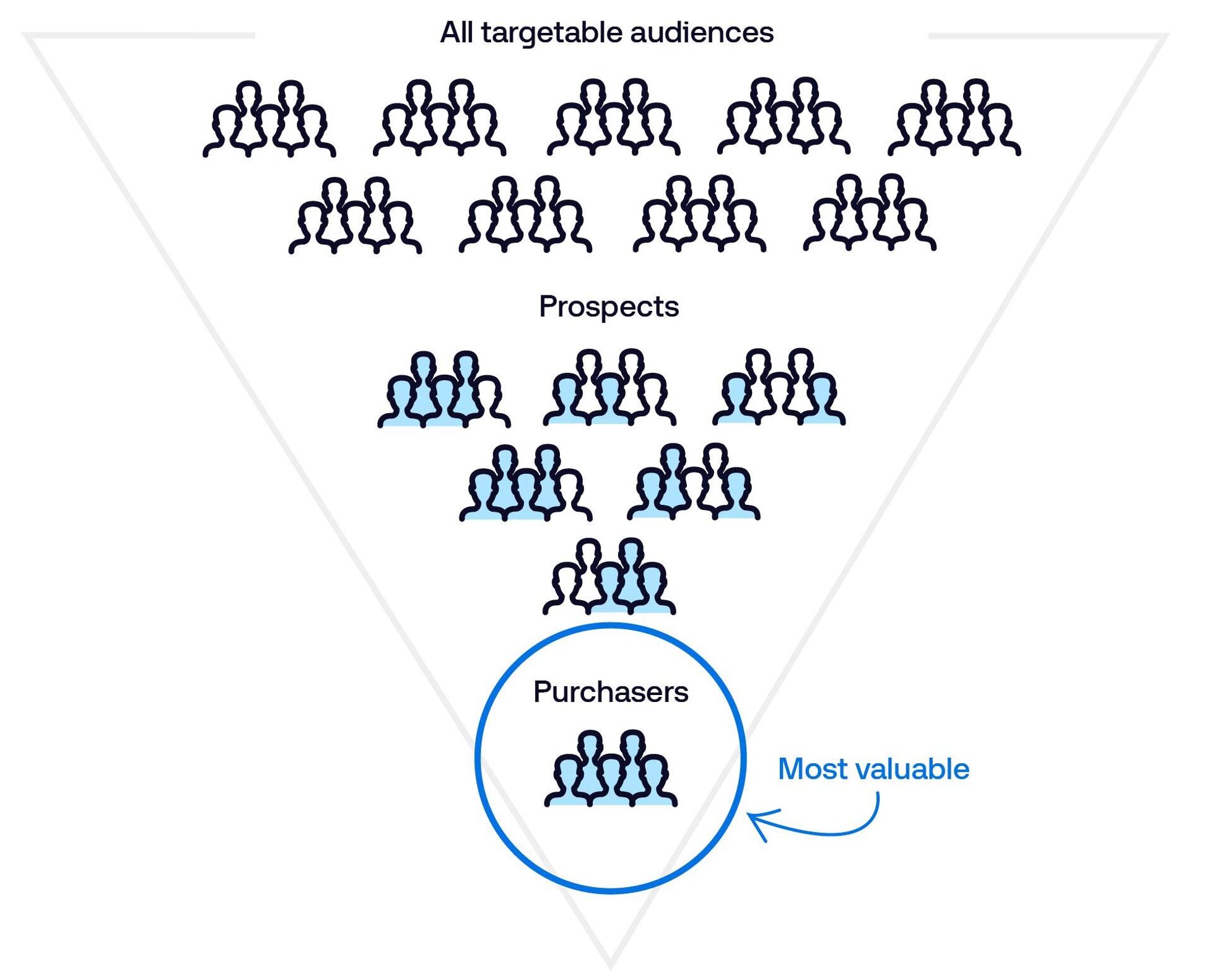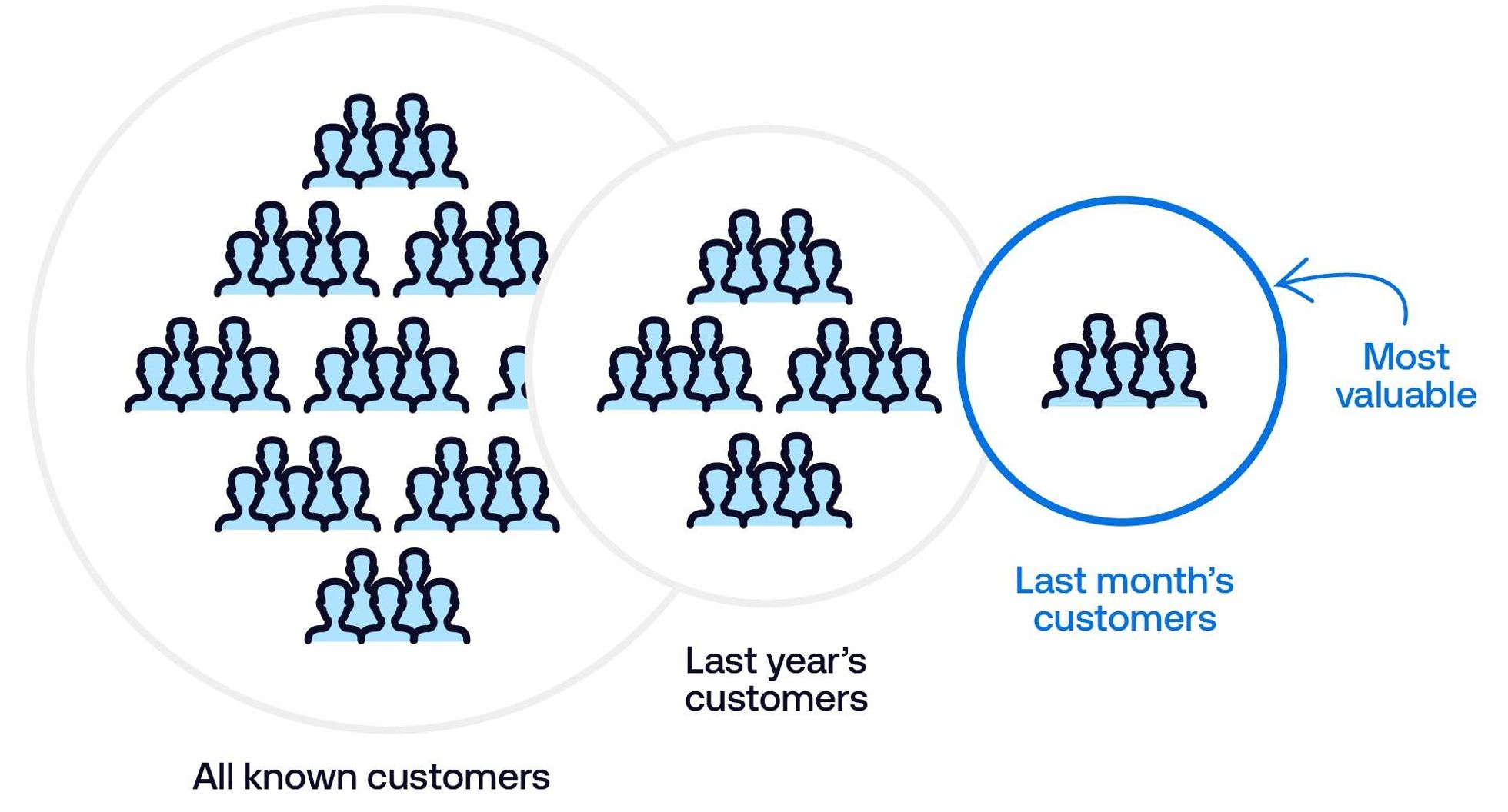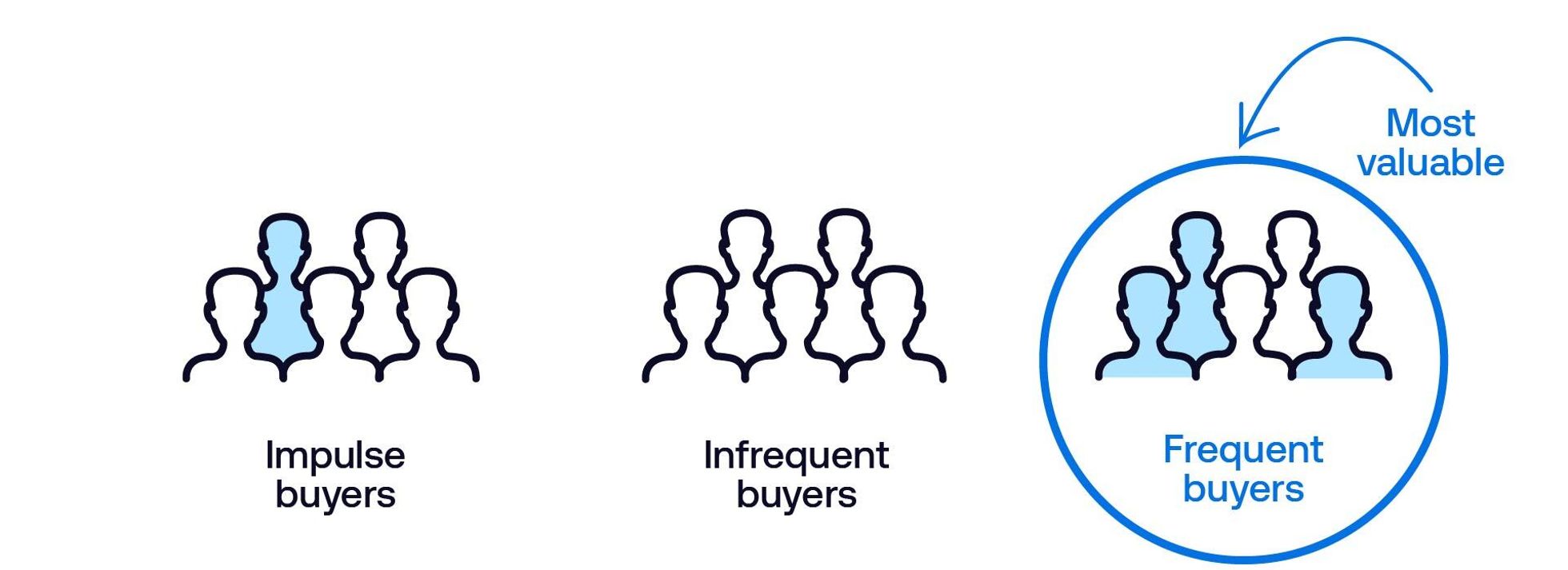Case Studies Connected TV
Hitachi achieves 30% sales lift with data-driven omnichannel strategy

Recruiting fraud is a growing issue for many companies.
The Trade Desk takes this issue seriously and is taking steps to address it.
Share:
When you begin campaign planning in Kokai, you can set a “North Star” by entering a seed. Seeds are inputs within the platform requiring advertisers to define the audience they find most valuable. Seed data should be based on customers who have previously taken valued actions with the brand and can be built using first-party or retail conversion data. Seeds can also consist of third-party data or any other signals that work as proxies for the audience you want to reach.

While you can build out a seed for each of your campaigns using any targetable data within Kokai, the best seed is representative of your most valuable customers. Once the seed is built, you can use our relevance scoring tool to forecast the degree of similarity between the targeted audience and the seed. This allows you to see how well your targeting parameters are aligned to that seed. To get the seed to its highest quality, it’s important to consider 1. using purchase-based data, 2. keeping your data fresh, and 3. prioritizing your most valuable customers.
With each tick of the box, you can get more granular about what’s valuable to you, so that by the end, your campaign’s seed will look something like this:

1. Use purchase-based data
You’ll have access to thousands of targetable segments when building a seed, so it’s important to focus on the right ones. You can start by uploading purchase data. Import customer data from your customer relationship management (CRM) software, leverage online conversions through site-pixel mappings, or use retail and third-party tracked conversions for your products. This data will focus the platform’s AI on providing insights to better inform your campaign, while also helping you achieve your desired outcomes.
Ask yourself: Which audience would you want to learn from?

2. Keep your data fresh
Regularly updating your data sets ensures that you’re capturing the latest insights and adapting to emerging trends and opportunities. Whether it’s uploading new conversion data on a monthly basis or leveraging site pixels for a continuous refresh, staying current is the key to maintaining a competitive edge.
Ask yourself: Which audience can keep you ahead of the curve?

3. Prioritize your most valuable customers
Some customers may purchase your products in a spur-of-the-moment fashion, but the most valuable customers to your brand are those who keep coming back for more. By formally setting your “brand-loyal customers” as your campaign’s seed, you create a better model of what success should look like. This will help point you to the highest-value opportunities in the platform.
Ask yourself: What audiences are the most brand-loyal?

The open internet is a big place, and sometimes navigating its advertising opportunities can feel overwhelming. With seeds, you can set a destination for the types of opportunities you’d like to find, and with relevance you can understand when you’re on track. While seeds can be built using a variety of data types and sources, you should always strive to build a seed with the audiences and outcomes you value most. With seeds and relevance, you can get better insights in the moment, helping you build momentum at every stage of your campaigns.
For more on seeds and how to make the most of them, check out this article on our Knowledge Portal (only available to The Trade Desk customers).
Case Studies Connected TV

Case Studies Our platform

Resources Our platform
